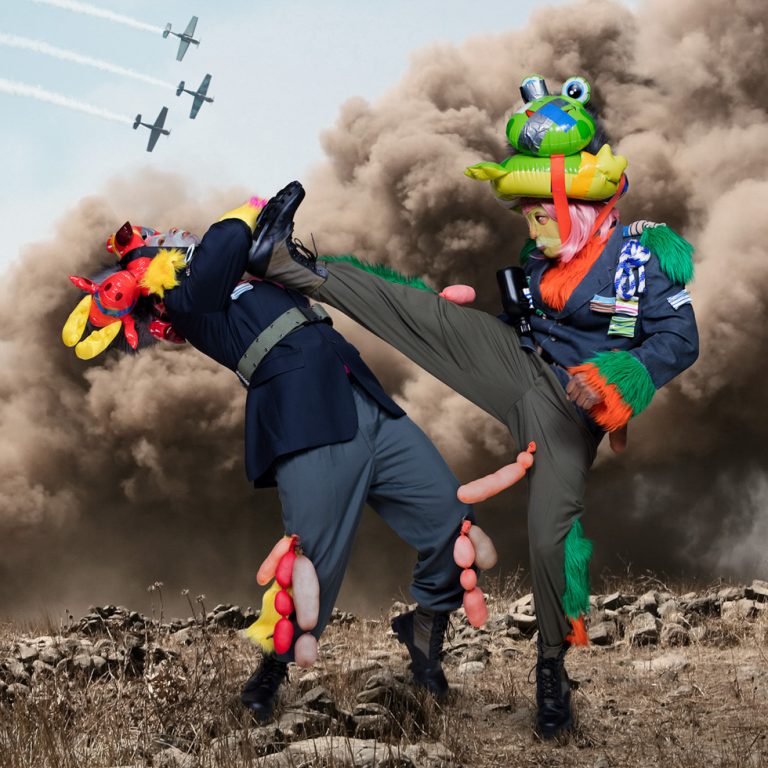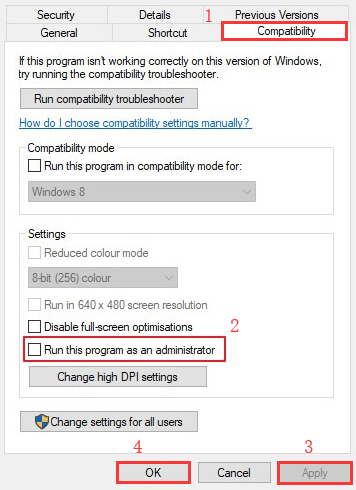
The Court has accepted some censorship of the press when it interferes with the right to a fair trial, as exhibited in Estes v. United States (1971) - the Pentagon Papers case - unless the government can provide an overwhelming reason for such prior restraint. On the issue of press freedoms, the Court has been reluctant to censor publication of even previously classified materials, as in New York Times v. Jerry Falwell by publishing an outrageous “advertisement” containing a caricature of him because it was presented as parody rather than truth. Falwell (1988), for example, the Court held that the magazine had not slandered Rev. Lampooning has generally been protected by the Court. Sullivan (1964), the Court held that words can be libelous (written) or slanderous (spoken) in the case of public officials only if they involve actual malice or publication with knowledge of falsehood or reckless disregard for the truth. Libel and slander when it comes to public officialsĭetermining when defamatory words may be censored has proved to be difficult for the Court, which has allowed greater freedom in remarks made about public figures than those concerning private individuals. Categories of unprotected speech also include: offered the classic example of the line between protected and unprotected speech in Schenck when he observed that shouting “Fire!” in a theater where there is none is not protected speech. the strict scrutiny, or compelling state interest, test set out in Korematsu v.the preferred freedoms doctrine of Jones v.the clear and present danger test from Schenck v.the bad tendency test, established in Abrams v.Over time, the Supreme Court has established guidelines, or tests, for defining what constitutes protected and unprotected speech. Finley, used with permission from the Associated Press) Not all speech is protected by the First Amendmentįreedom of speech and press are not, however, absolute. In this photo, Tammy Hawkins, editor of the Hazelwood East High School newspaper, Spectrum holds a copy of the paper, Jan. Kuhlmeier (1988) that school officials have broad power of censorship over student newspapers. The Supreme Court ruled in Hazelwood School District v. New York (1925), the Supreme Court has applied the First Amendment freedoms of speech and press to the states through the due process clause of the Fourteenth Amendment.

The First Amendment guarantees freedom of speech and press, integral elements of democracy. Censored or challenged works include the Bible, The American Heritage Dictionary, The Autobiography of Benjamin Franklin, Bury My Heart at Wounded Knee, To Kill A Mockingbird, and the works of children’s authors J.

Various groups have banned or attempted to ban books since the invention of the printing press. Private actors - for example, corporations that own radio stations - also can engage in forms of censorship, but this presents no First Amendment implications as no governmental, or state, action is involved. When the government engages in censorship, First Amendment freedoms are implicated. In this Jfile picture, workers in the New York Times composing room in New York look at a proof sheet of a page containing the secret Pentagon report on Vietnam. (AP Photo/Marty Lederhandler, reprinted with permission from The Associated Press.)Ĭensorship occurs when individuals or groups try to prevent others from saying, printing, or depicting words and images.Ĭensors seek to limit freedom of thought and expression by restricting spoken words, printed matter, symbolic messages, freedom of association, books, art, music, movies, television programs, and Internet sites. United States, the Court overturned a court order stopping the newspaper from continuing to print excerpts from the "Pentagon Papers", saying such prior restraint was unconstitutional. On the issue of press freedoms, the Court has been reluctant to censor publication - even of previously classified material.


But the First Amendment's protections are not absolute, leading to Supreme Court cases involving the question of what is protected speech and what is not. The First Amendment protects American people from government censorship.


 0 kommentar(er)
0 kommentar(er)
